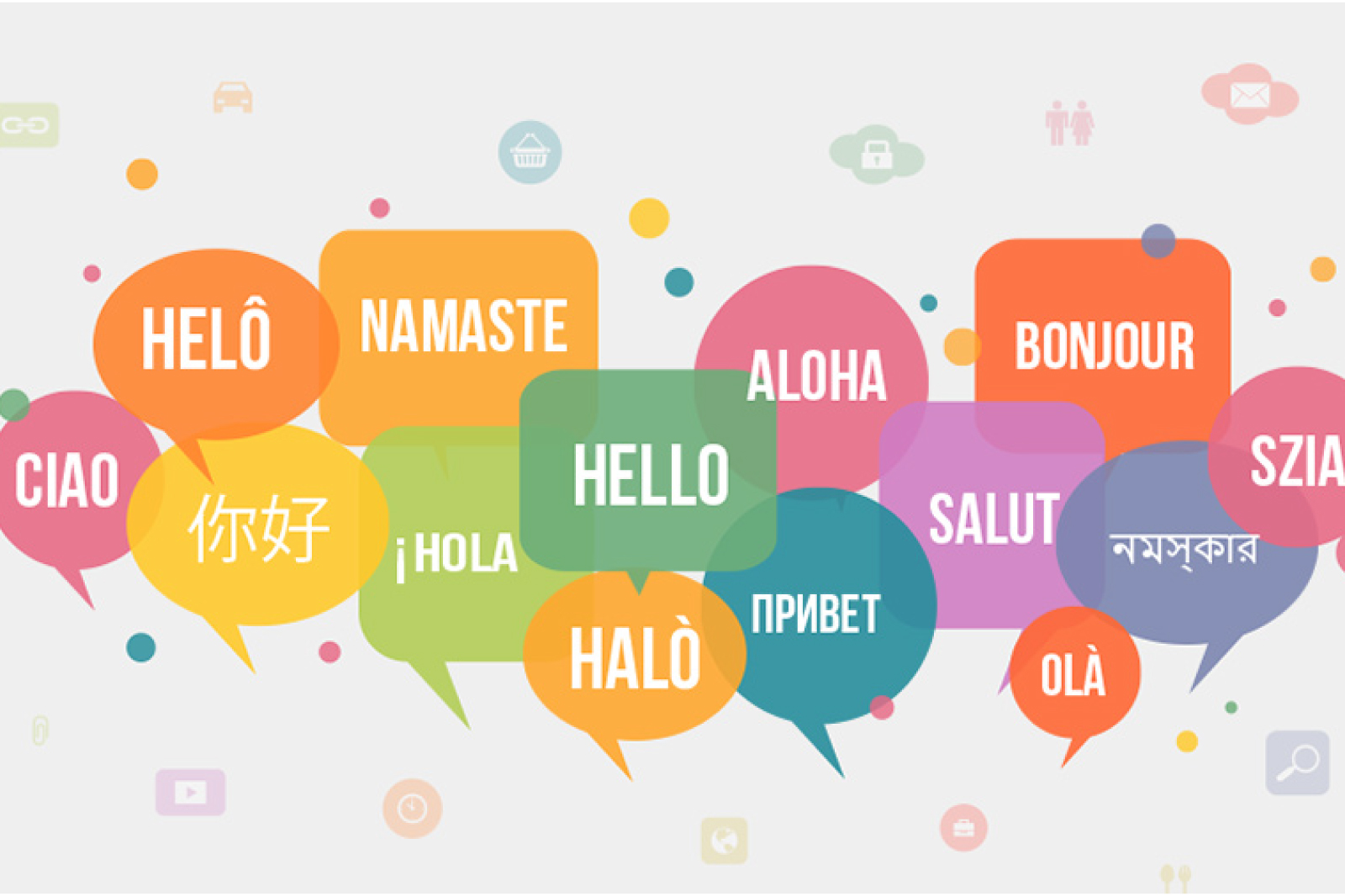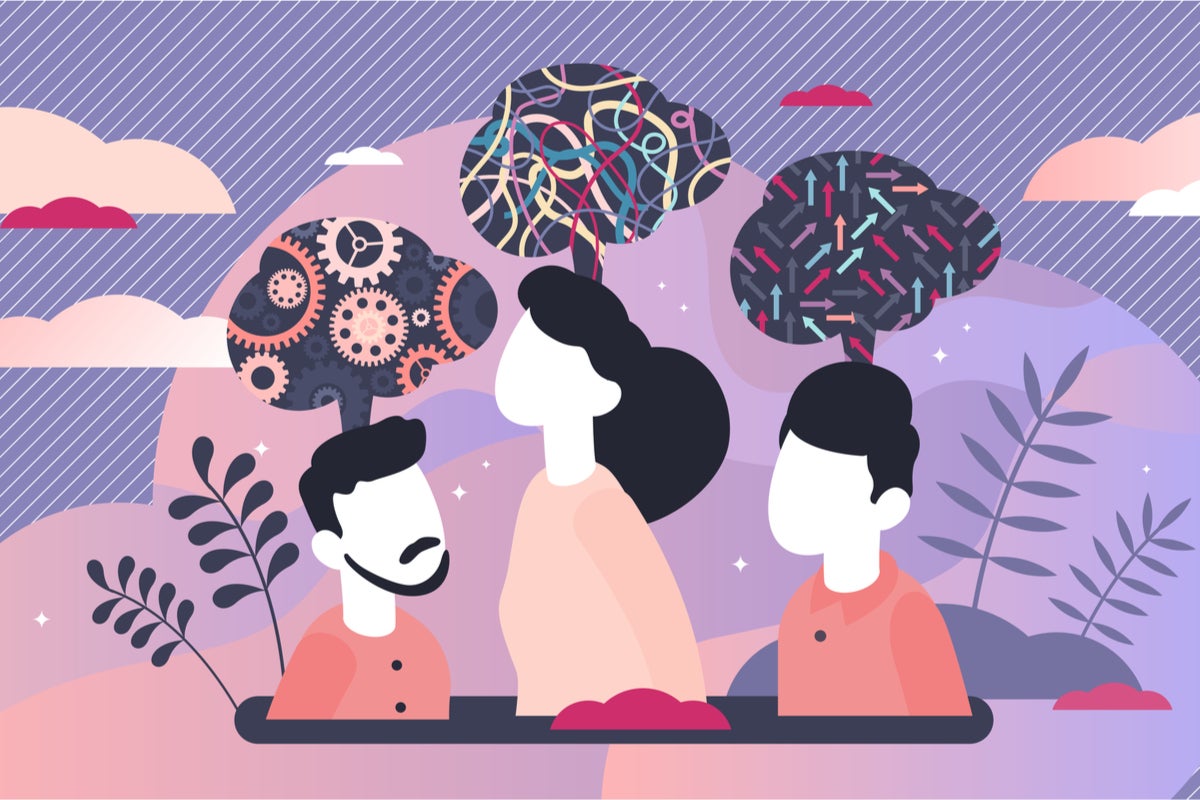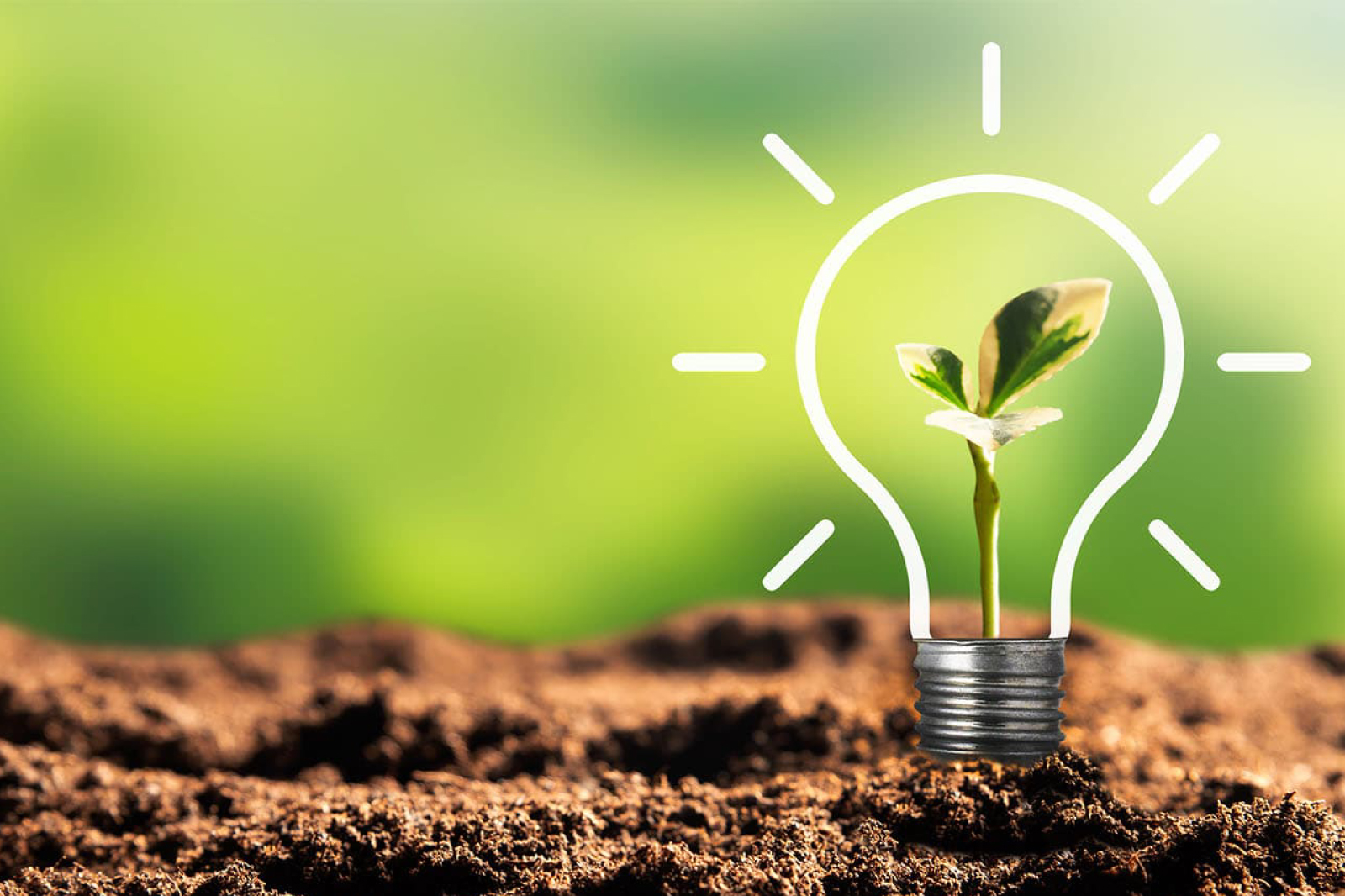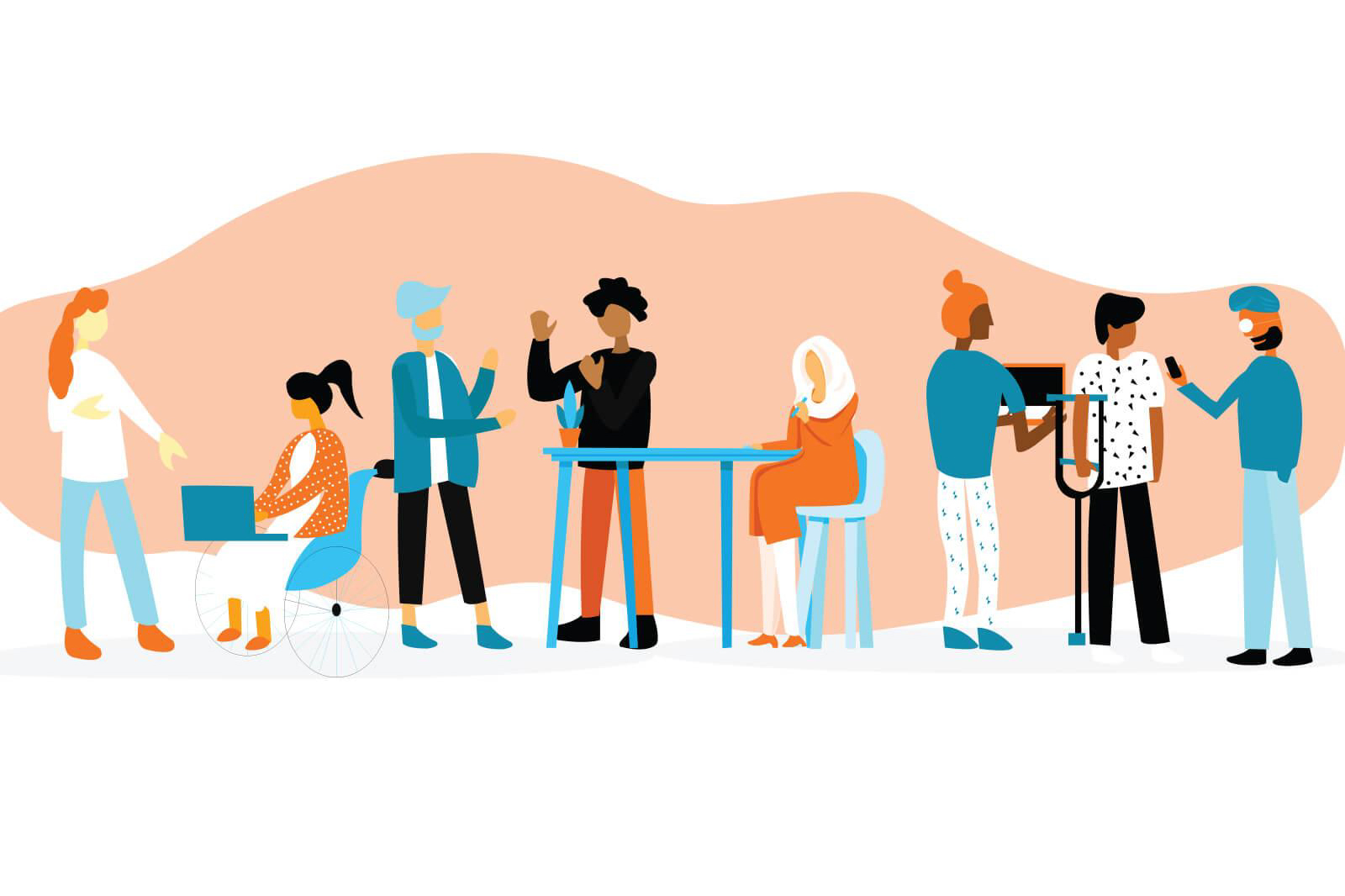My Philosophy
- Home
- My Philosophy
My Philosophy
I have been lucky to lead a life of interesting experiences and excellent education.
Growing up in a town in the Austrian countryside, I enjoyed fantastic education at a local high school, had the chance to work as an Au Pair, obtained my first degree at the University of Dundee, enjoyed several years of working in various jobs from education to manual work, travelled to Singapore, Aotearoa New Zealand, Samoa, Fiji, and eventually got my MSc at the University of Glasgow – all to follow my heart into working independently during a global pandemic.
I learnt many lessons about the privileges I enjoy as well as the societal obstacles I had and have to face, and what I can do to support others. My lived experiences, what I have learnt about others and the theoretical education I have built over the years form the building blocks of my philosophy, which guides my actions every day and also the choices I make as a teacher.
If you follow the individual links, you can find out more about my approaches to learning, neurodiversity, diversity in general, and sustainability.

Learning
People are alike in our innate curiosity about the world, our drive to explore and learn about our environment. Whether it is at home, at school, reading the newspaper, watching Youtube videos or through practical work, we each have interests and things that we want to know more about.However, we often forget that in school.
Instead of continuing to explore, learning becomes an exercise in book reading and regurgitating facts. We forget how much joy new understanding and skills bring us, and instead remember only that we failed French class or really struggled in Maths.
Neurodiversity
ADHD, Autism Spectrum, dyslexia…
As we continue to try and better understand the way our minds work, diagnostic criteria in psychology keeps developing. And while real life is often slow to catch up with science, many are familiar with the most common learning difficulties. And while change in real life may be slow, changes in our school system happen at a snail’s pace.
However, outside of these systems, many are pushing for a new approach to our individual differences: neurodiversity.
If you follow the individual links, you can find out more about my approaches to learning, neurodiversity, diversity in general, and sustainability.


Sustainability
Climate change, also often called the climate emergency, is the biggest challenge humanity has ever had to face. However, it is made by humans – and the solution for it also lies in our hands.
While we cannot fend it off without political and economic powers pulling together, we do all get to have our say with the choices we make every single day.
In my private life, this has taken the form of changing to a vegan diet, buying my vegetables and fruits almost exclusively regionally and seasonally from local farmers, keeping separate bins, reducing plastic as much as possible and using public transport instead of owning a car.
Diversity
As a member of the LGBTIQA* community and someone who has worked with HOSI Salzburg for many years, I was introduced to topics of diversity early on. As a psychologist and an educator, a major focus of my studies has always been on better understanding questions of racism, sexism, ableism and many other forms of discrimination. I have developed my theoretical understanding of these concepts, as well as tried to listen to the voices of those our society discriminates against in various ways.
This has taught me three things: first, that it is important to stand up for others when they experience discrimination. Secondly, I don’t need to experience discrimination myself or be able to relate to it in order to offer understanding and a space of relative safety. And third, that we need to listen to minoritised voices and help amplify them.

